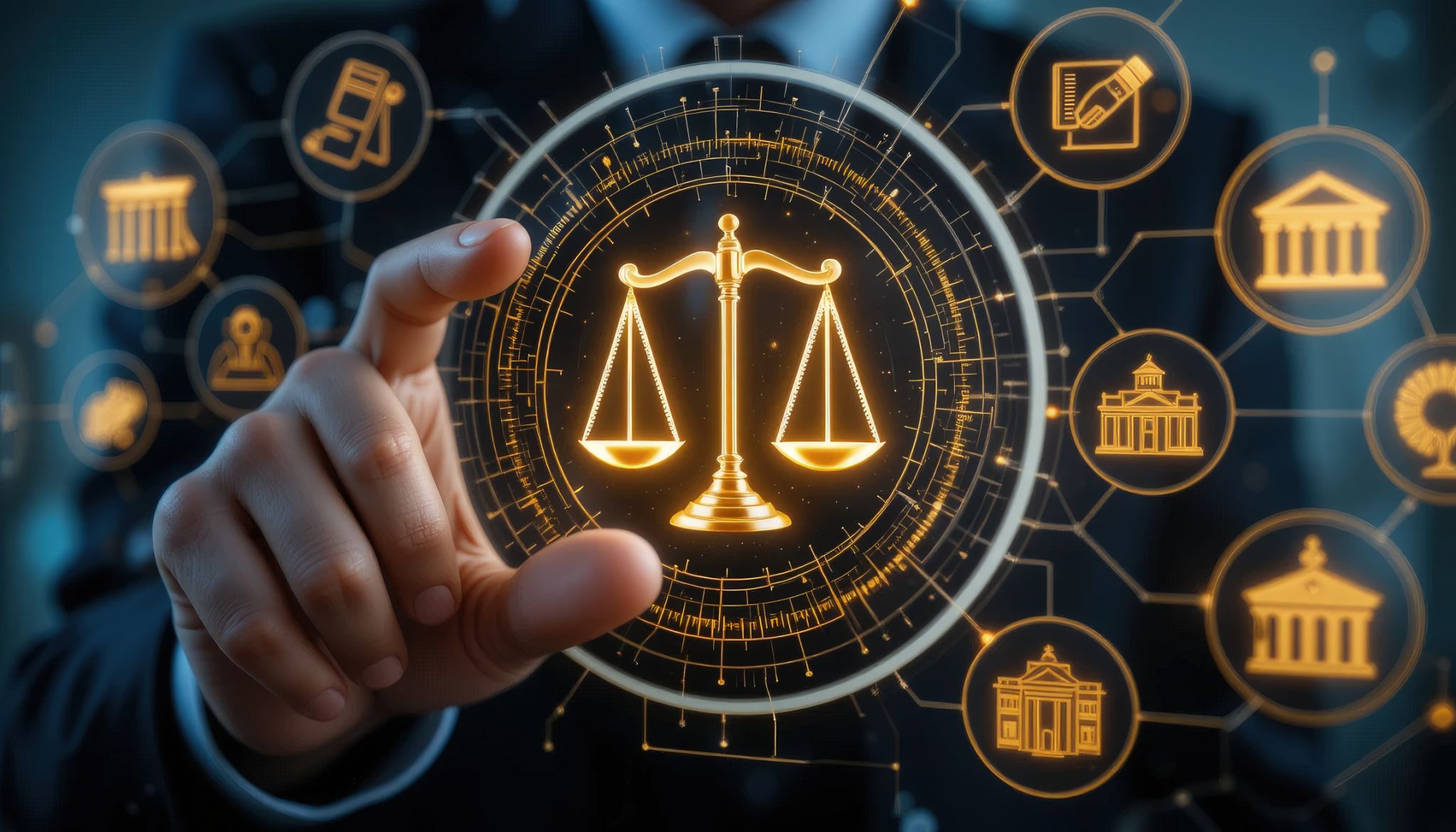The Role of Chargeback Claims in Financial Recovery
Understanding Chargeback Claims
In today's financial landscape, chargeback claims have emerged as a pivotal tool in the realm of financial recovery. They serve as a buffer for consumers, allowing them to dispute credit card transactions and potentially recover funds in cases of fraud or dissatisfaction with a purchase. Understanding the nuances of chargeback claims can empower consumers to better manage their finances and protect themselves from fraudulent activities.
Chargebacks are essentially a form of consumer protection, instituted by credit card networks to help build trust between merchants and customers. When a chargeback is filed, the transaction amount is temporarily reversed from the merchant’s account back to the consumer, pending investigation. This process not only aids consumers but also encourages merchants to maintain transparency and accountability in their dealings.

How Chargeback Claims Work
The process of filing a chargeback claim typically begins when a cardholder contacts their bank or credit card issuer to dispute a transaction. The bank then assesses the claim, investigating the circumstances surrounding the purchase. If the claim is deemed valid, the funds are permanently returned to the consumer's account, and the merchant may incur additional fees.
There are several grounds on which a consumer can file a chargeback, including unauthorized transactions, goods not received or not as described, and billing errors. Each of these reasons has specific requirements and timeframes that must be adhered to ensure a successful claim.

Benefits for Consumers
One of the primary benefits of chargeback claims is the added layer of security they provide for consumers. In an era where online shopping is prevalent, the risk of encountering fraudulent activities increases significantly. Chargebacks offer a safety net that can alleviate some of these risks.
Moreover, chargebacks can also serve as a recourse for consumers who are dissatisfied with their purchases. Whether it’s a service that was not delivered as promised or a product that arrived damaged, chargebacks offer a way for consumers to voice their grievances and seek financial restitution.
Implications for Merchants
While chargebacks are beneficial for consumers, they can pose significant challenges for merchants. A high volume of chargebacks can lead to financial strain due to the loss of sales revenue and additional penalty fees imposed by banks. Moreover, merchants may face reputational damage if they are perceived to frequently deal with disputes.

To mitigate these risks, merchants should focus on providing exceptional customer service and maintaining transparent communication with their customers. Implementing secure payment processing systems and clearly outlining return policies can also help reduce the likelihood of disputes arising.
The Importance of Education
Education plays a crucial role in the effective use of chargeback claims. Consumers should be informed about their rights and responsibilities when it comes to disputing transactions. Similarly, merchants should stay abreast of industry standards and best practices to minimize chargeback occurrences.
By fostering an understanding of how chargeback claims operate, all parties involved can benefit from a more secure and trustworthy financial ecosystem. This not only enhances consumer confidence but also bolsters merchant credibility in the marketplace.
